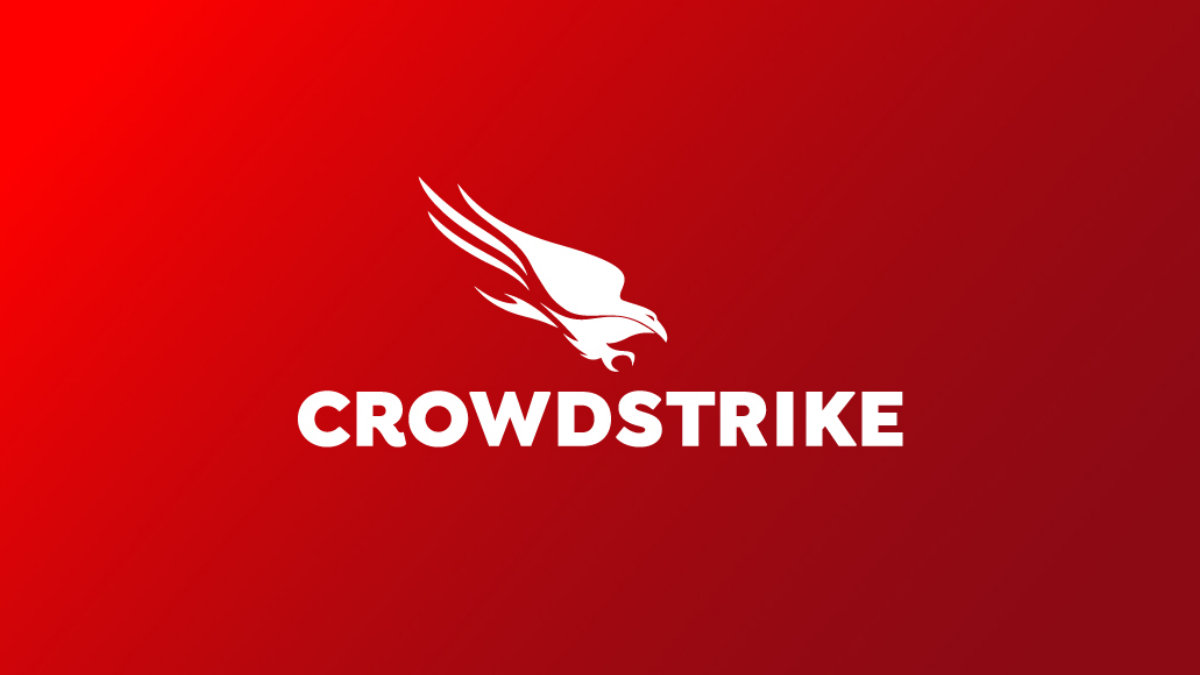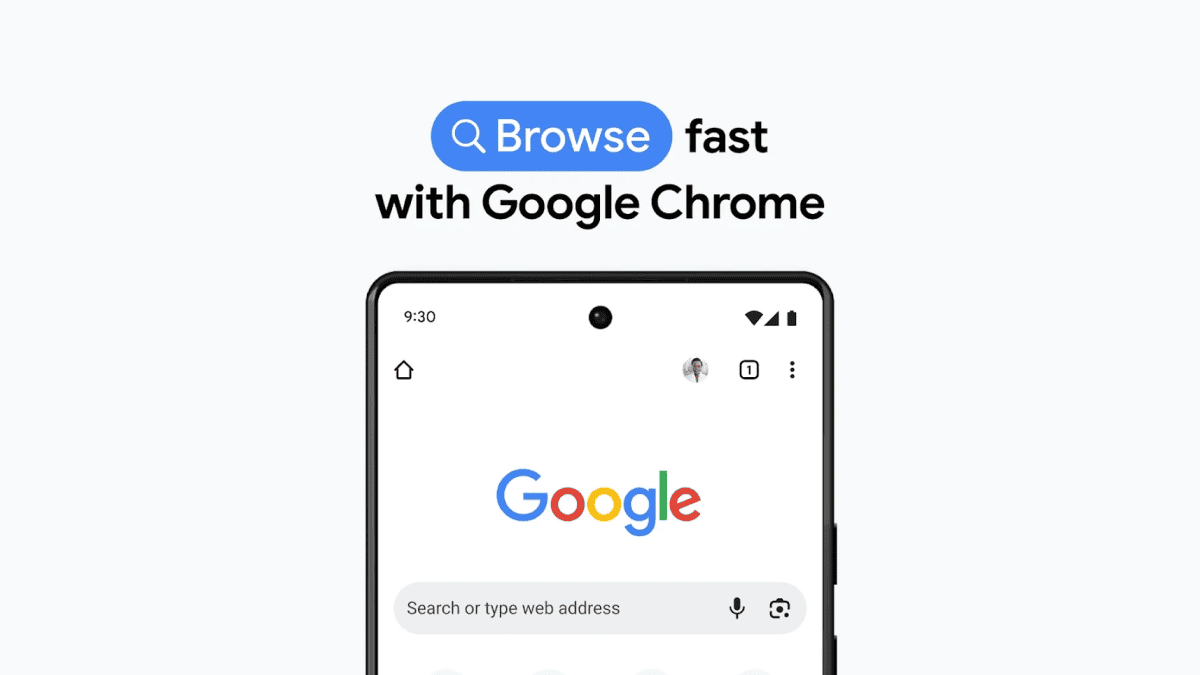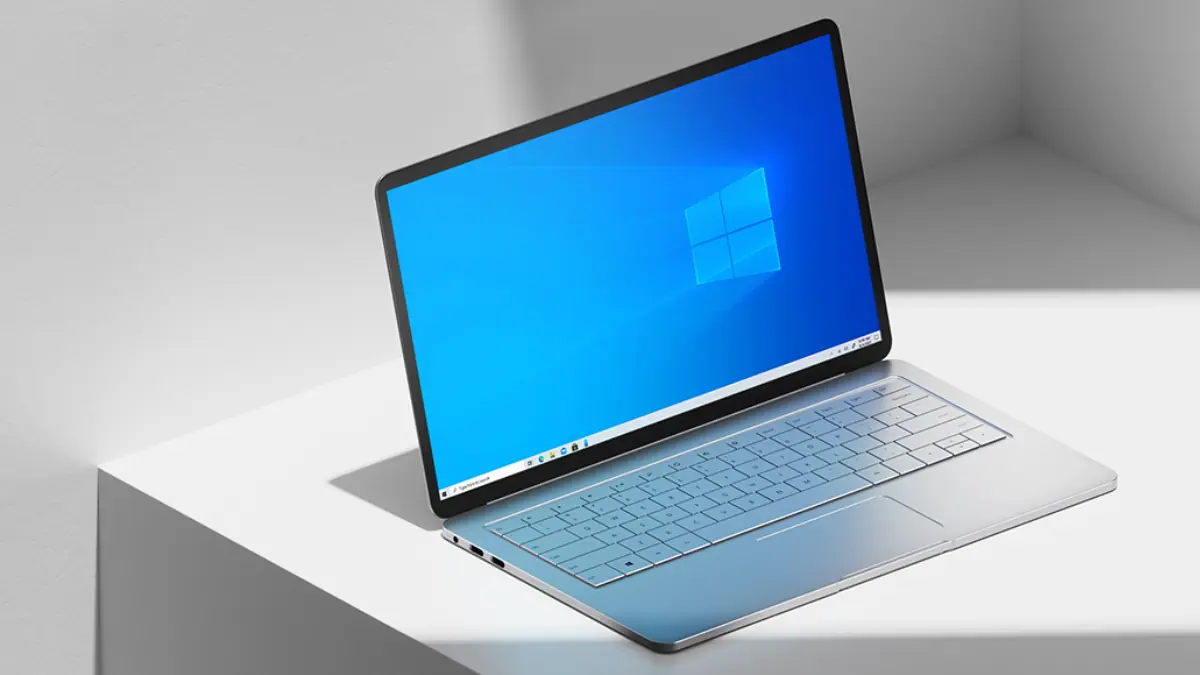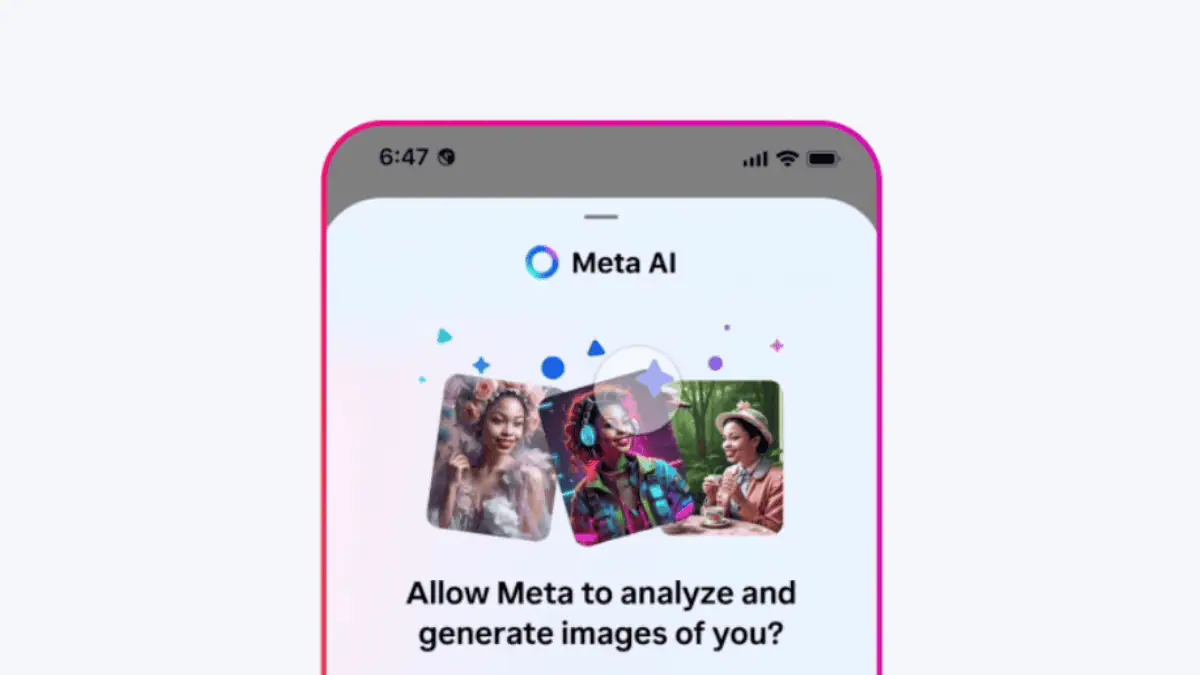Absence of low-cost Windows Phones lead Norwegian councils to switch to Android
3 min. read
Published on
Read our disclosure page to find out how can you help MSPoweruser sustain the editorial team Read more

When Microsoft retrenched from the Windows Phone market they swung hard to the enterprise segment, and expected that they would create opportunities for 3rd party OEMs in the process.
It seems however that a rather expensive HP Elite X3 was not going to satisfy the need for companies who switched to Windows Phones specifically due to high-quality low-cost devices such as the Lumia 640.
Digi.no reports that over 100 Norwegian municipalities are dependent on Windows-based smartphones in health and care services, and are now looking to switch to Android.
The devices are connected to the Gerica healthcare IT solution, who picked Windows Phone due to its security, and now reports that end users are finding it hard to find replacement Windows Phones once their current ones wear out.
“Now it starts to get hard to get hold of Windows Phones. Microsoft has sold mobile their division, and there is little availability of handsets in the market,” confirmed sales manager Snorre Johansen of Tieto, an electronics medical records provider.
Microsoft’s 3rd party OEMs did not reassure the company either.
“We have an ongoing dialogue with Microsoft. They are trying to reassure the market that 3-4 producers have plans to create Windows-based smartphones,” continues Johansen.
“Our customers use the phone as a tool in home care. It is then in your pocket with everything they need equipment for wound care and so on. It provides, among other wear and devices do not last as long. Our customers usually buys Windows Phones to around 1,500 to 2,000 kroner,” says Sales Manager at Tieto.
With the HP Elite X3 costing around 4 times as much at 8000 kroner that device is just not meeting the needs of end users, which is subject to heavy wear and tear.
“There are under constant evaluation. We will wait a bit to see if it actually gets more Windows phones or not,” says Johansen.
Microsoft said they will continue to develop Windows 10 for mobile, but had no comments on their own exit from the market.
Companies are now working on Android solutions and are looking to switch thousands of handsets over time.
“We are now in dialogue with Tieto to develop a new generation Gerica mobile solution customized Android platform,” says the agency’s Head Stein Schatvet.
“This tool (for Android) will make it possible to open for the use of the Internet, downloading apps and so on without that information security is threatened,” says Head Stein Schatvet in Oslo.
HP is believed to be working on a lower-cost Windows Phone, but for companies that were sold on super-cheap handsets for business this is unlikely to be a good substitute, and it seems the last refuge for Windows Phones may not be that safe after all.









